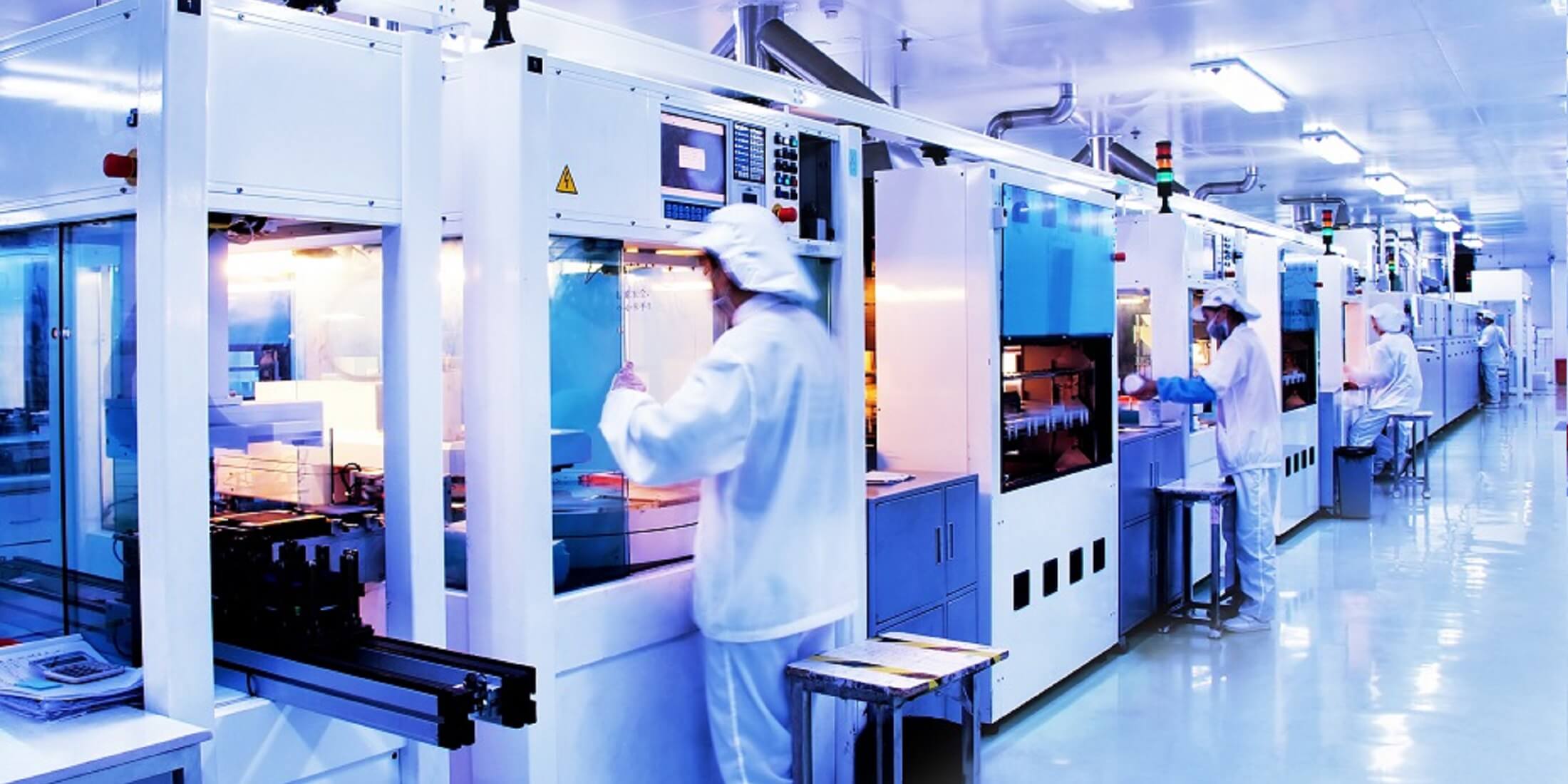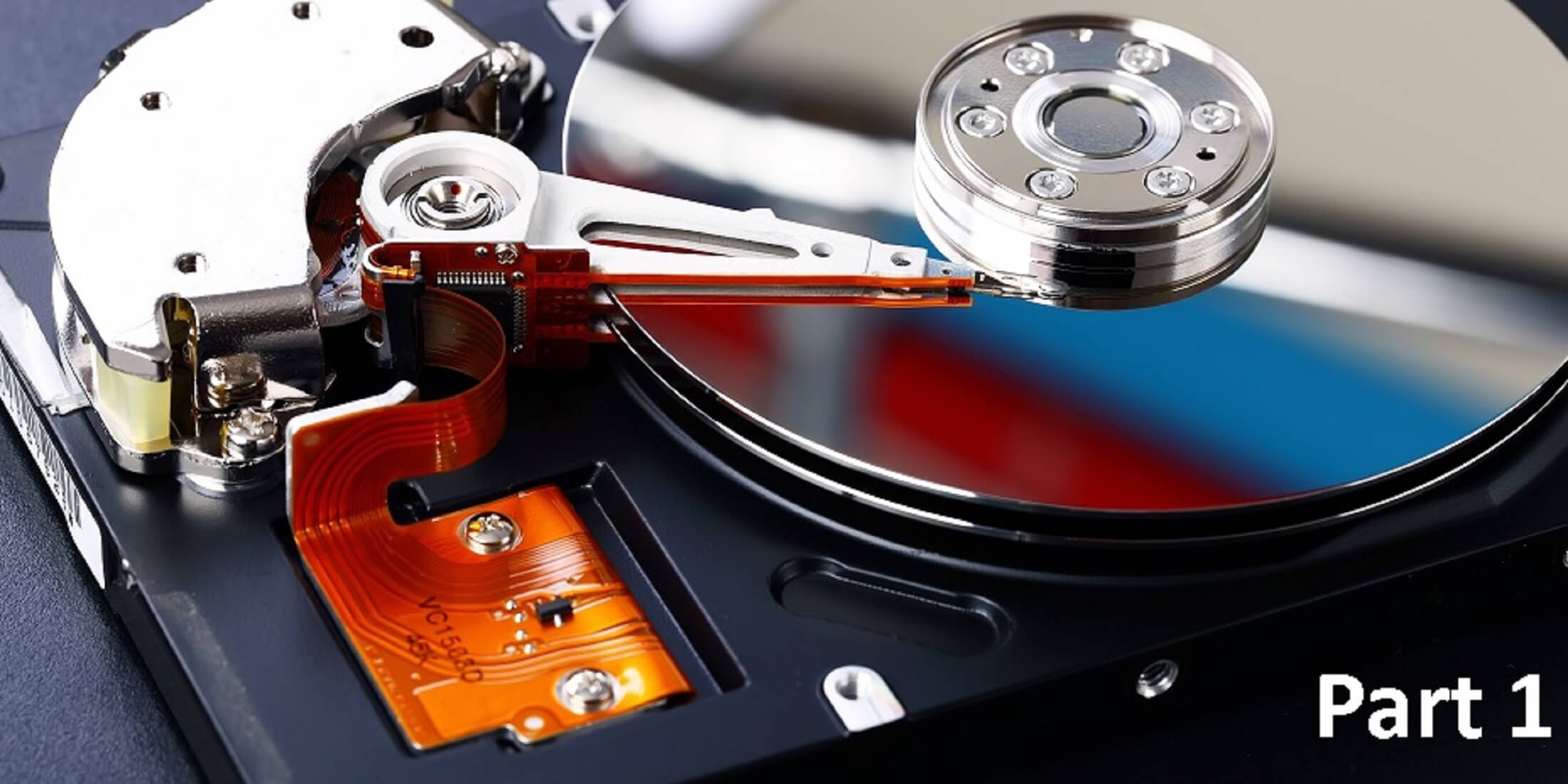This course is certified by the European society for precision engineering & nanotechnology (euspen) and the Dutch Society for Precision Engineering (DSPE) and leads to the ECP2-certificate.
Part 2 of the course 'Mechatronics system design' focusses on the essential basics in any multi-disciplinary development of mechatronic (motion) system. In this applied mechatronics training, participants will acquire broad technical knowledge beyond the limits of their own discipline.
What makes this training unique:
- The leading training with over 2000 enthusiastic participants.
- Mix of well-known university professors and industry experts.
- Variety of practical experiences and lessons learned from multiple application areas.
- Recommended by euspen & DSPE (European/Dutch Society for precision engineering).
This training is available for open enrollment as well as for in-company sessions.
Objective
After completion of the full course 'Mechatronics system design', the participants will be able to make a more effective contribution to the realization of mechatronic constructions because they will have a better understanding of adjacent disciplines (terminlogy, basics, solution space, challenges, ...) and the interdependencies between disciplines.
Target audience
This course is intended for architects, designers, engineers and project leaders with various technical background who are involved in the multi-disciplinary development of products/devices or equipment.
Prerequisites: Technical education (BSc or higher) and completion of the course 'Mechatronics system design - part 1'.
The course attracts participants from both the Netherlands and abroad, creating an international atmosphere that fosters valuable knowledge exchange. If you're traveling from outside the country, you can find useful travel information here.
Program
- Introduction & recap
- Exercise modeling and simulation (20-Sim)
- Dynamics & implications on control design
- Electromechanics/power electronics
- Analog Electronics
- Control system architecture/development
- Dynamic Error Budgetting
- Thermal effects in mechatronic systems
- Metrology & Calibration
- Exercise (digital) control design on test setup
- Software in mechatronic systems
- Case 1: Compact disc player
- Case 2: Wafer stepper/scanner
Certification


More information
Course Reviews

.jpg)




